Becoming Dr. Ruth
Permanent linkFamed sex therapist Dr. Ruth to speak for JUF in Glencoe March 23
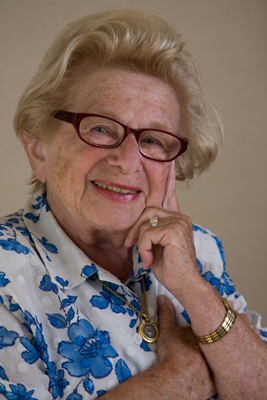
She’s a straight-talking, 4’7’’ superhero.
An international treasure with a joie de vivre. A household name whose mention brings a smile to people’s face. She’s the people’s sexpert before the phrase “sexpert” was coined. She put the candid discussion of sex on the map—and we haven’t shut up about it since. She’s fluent in four languages—English, German, French, and Hebrew—and she’s taught at Yale and Princeton. She’s authored 35 books, including Sex for Dummies, and she even has her own board game. She’s a little woman, who leads a big life.
She’s Dr. Ruth Westheimer, but we all know her simply as Dr. Ruth. And at 85, she isn’t slowing down. She’ll speak for the Jewish United Fund of Metropolitan Chicago, about sex and the Jewish tradition, at Congregation Am Shalom in Glencoe on Sunday, March 23.
When her sex advice radio show “Sexually Speaking” first aired back in New York in 1980, the radio station was so nervous about Dr. Ruth’s frank discussion of sex that her bosses relegated her to the lousy midnight timeslot for a quick 15 minute show. And rather than deal with the risk of listeners calling in live with unvetted questions, people mailed their queries into Dr. Ruth (back when all mail was snail mail) for her to respond to on her show. Within a year, Dr. Ruth had built a larger audience during her midnight slot than many DJs had at rush hour drive time. Eventually, the radio show morphed into a TV show and went national, and she also hosted a similar version of the show in Israel in Hebrew.
Born in 1928 in Frankfurt, Karola Ruth Siegel, as she was called back then, was the only child of Orthodox Jews. In 1939, the then-10-year-old girl said goodbye to her mother and grandmother and her secure and happy childhood, and was shipped—along with 100 other German Jewish kids—to a children’s orphanage in Switzerland. By war’s end, she learned that her parents and grandmother had been murdered in the Holocaust.
At 17, she picked up the pieces of her life and emigrated to the British Mandate of Palestine, later Israel. Upon arrival in Israel, she changed her name to a less German sounding name, as German Jews were encouraged to, taking her middle name “Ruth” as her first name so perhaps long-lost family members could still track her down.
In Israel, Ruth joined the Haganah (what would later become the IDF) and helped fight for the country’s independence for a couple months as a scout and a sniper. On June 4, 1948, her 20th birthday, she returned from her surveillance shift to the youth hostel where she was living, when a bomb exploded in the lobby. She was struck by shrapnel all over her body, but her feet were hardest hit. She credits Israeli surgeons with saving her feet from amputation.
Ruth then moved to Paris where she studied psychology, and eventually settled in New York City, where she lives to this day, and where she earned her Master’s in Sociology and a Doctorate of Education in the interdisciplinary study of the family. She happened upon a job at Planned Parenthood, which led her to further her education in human sexuality.
Just last year, an off-Broadway play called “Becoming Dr. Ruth” told the story of the Jewish celebrity sex therapist’s life.
At the start of the New Year, Dr. Ruth and I sat down for a phone interview to talk about changing attitudes toward sex, her biggest legacy, and why she loves turtles.
Oy!Chicago: Over the decades, since you got your start in the field of sex therapy, there has been a huge evolution in the culture in terms of people putting sex out there, from the old days of Lucy and Ricky in separate beds to Miley Cyrus twerking and 50 Shades of Grey-mania today. How do you feel about the evolution?
Dr. Ruth Westheimer: No question there has been a change—some of it good, some of it not so good. For example, people engaging in sex before they have a good relationship is not so helpful. But what definitely has changed is that nobody sleeps in separate beds; you don’t have to have one foot on the floor…and there is a change in [a more open] attitude toward homosexuality…and women and men are more sexually literate—I’m not the only one who talks about sex [now].
What question are you asked most often as a therapist?
I don’t have a number one question, but [I get] a lot of questions about loneliness and finding the right partner.
What is your advice for people in the Jewish community who are looking for the one?
In the Talmud, it says as soon as a boy and a girl are born, it’s already determined who they are going to marry. I don’t think that’s so. There are lots of people who are accomplished and like what they’re doing, but just have not found the [right person].
Part of it is that their expectations are too high. Everybody is dreaming of their Prince Charming, but their Prince Charming might [not be perfect]. Television always shows this ideal of [relationships]. People have to be more realistic….[and] they have to take a risk. For example I have a household full of turtle [figurines]. If a turtle stays in one place, nothing can happen to it. If that turtle wants to move, it has to take a risk—it has to stick its neck out. I want people to be like turtles by sticking their neck out…
Have you always wanted to be a sex therapist?
[At first] I wanted to be a medical doctor. I wanted to be a pediatrician because I’m so short. And today, I do not regret that I did not have the opportunity.
Why did you enter the field?
I was looking for a job and I was offered a position at Planned Parenthood in New York City… and look what happened. I used the data for my doctoral dissertation and I’ve stayed in the field ever since. I thought ‘What’s the matter with these people? Don’t they have anything else to talk about—only sex?... And then 24 hours later, I said ‘Oops, what an interesting subject matter.’ I’m still talking [about it] at age 85.
How do Jews approach the subject of sex differently than many other religions?
…Sex for Jews has never been a sin. It’s always been a mitzvah.
What do you recall about the early years of your childhood in Frankfurt before the Holocaust?
The early childhood experiences—the early socialization of a child—is crucial and I believe part of what I did accomplish is because I had a wonderful home life. I was an only child with a grandma living with us who had nothing else to do but take care of me, in an Orthodox Jewish, loving household. The early years of my life were very productive.
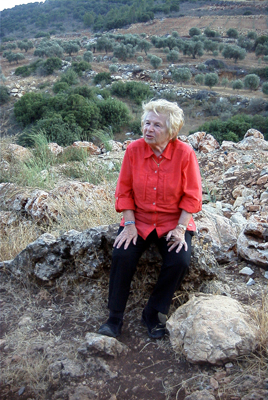
Dr. Ruth in Israel.
How did you appreciate your time serving in the Haganah?
I’ve never killed anybody but I’m a very good sniper. I could throw hand grenades. I was badly wounded on my 20th birthday in Jerusalem in both legs. I was lucky that I had a brilliant surgeon. And two nights ago (on New Year’s Eve) I danced half the night.
You’ve done so much in your life? What do you think is your biggest contribution to date?
To be able to say that sex is not something shameful; in the proper context, it should be a joyful experience, and if there is a problem to go for help.
What’s it like to be a cultural icon?
I absolutely love it. You can tell Chicago that I love being Dr. Ruth.
Some of the research for this article came from the 2012 book “The Things that Matter,” written by Nate Berkus.



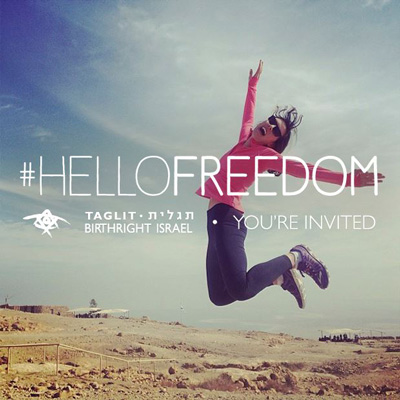
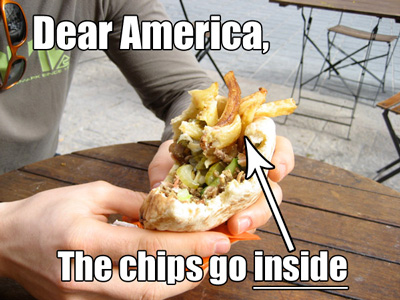
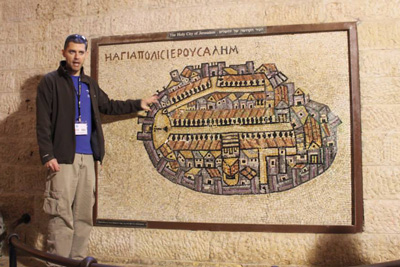
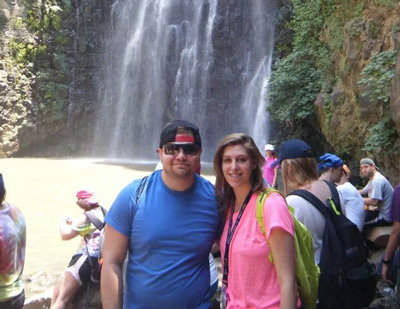
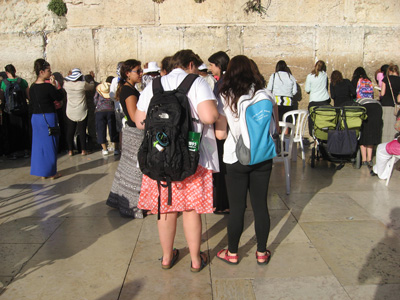
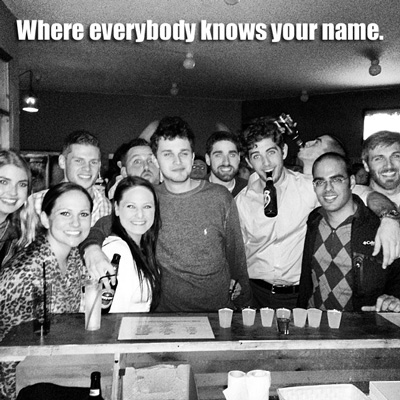


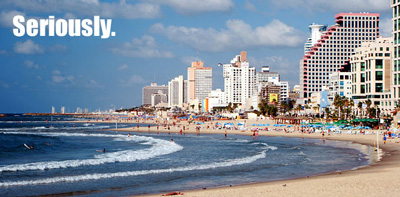
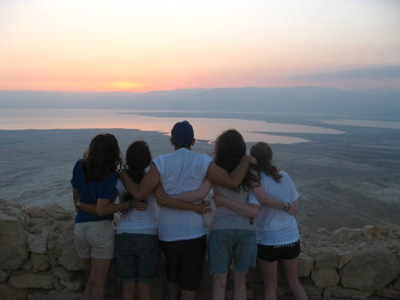
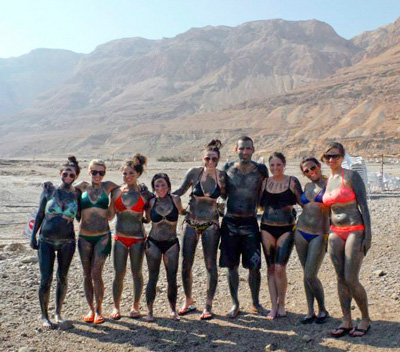
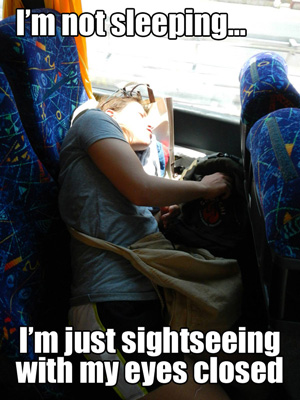
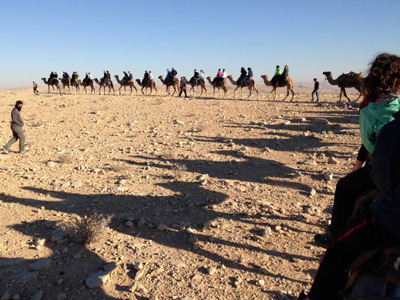
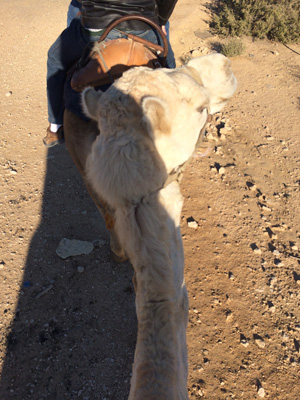

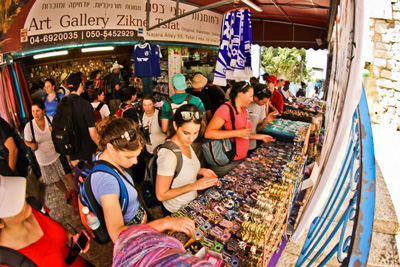

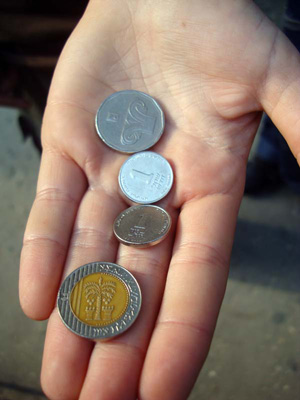
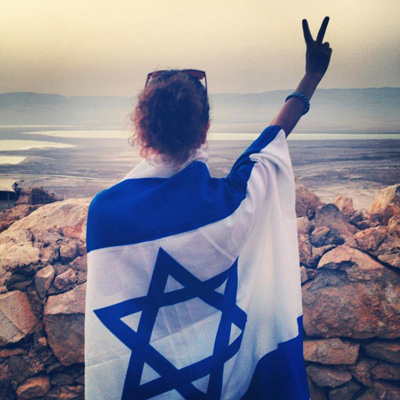
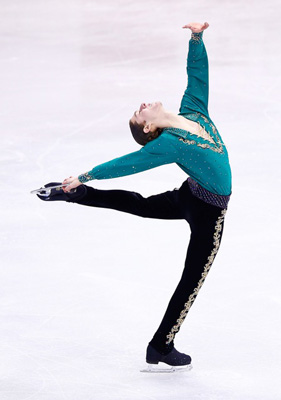
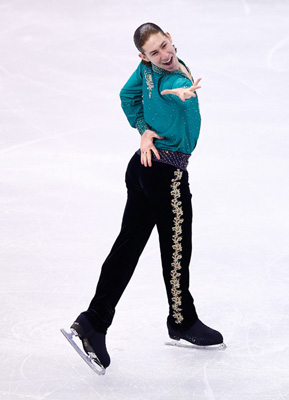
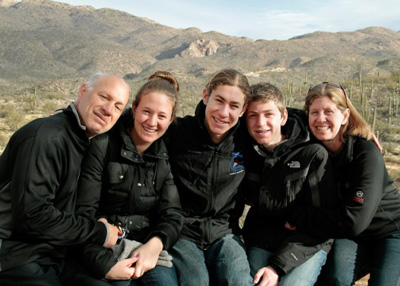

.jpg)



